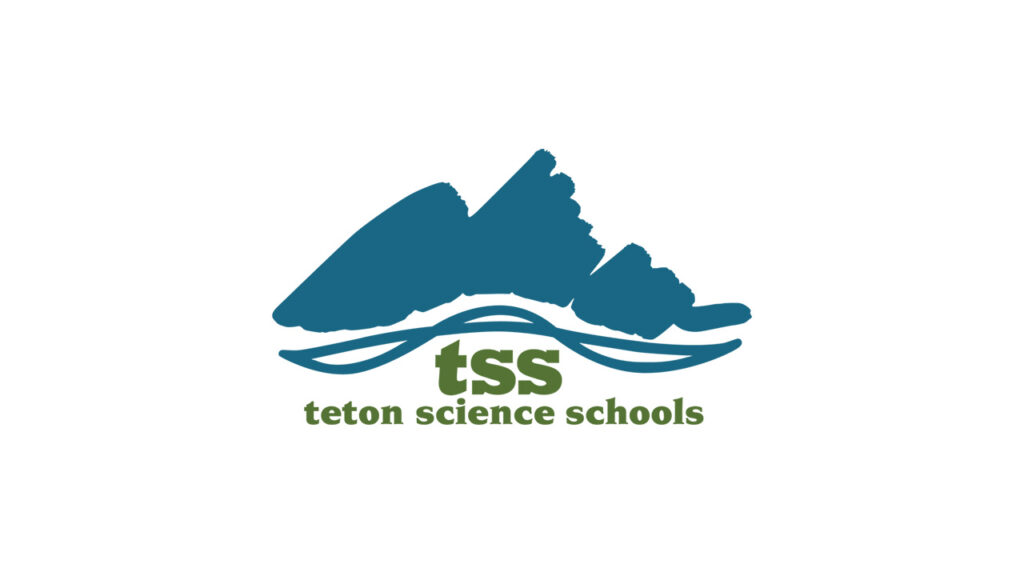In the summer of 2012, Teton Science Schools and the University of Wyoming kicked off a year-long professional development program for teachers focused on place-based education and teaching about the energy in elementary school science. During the professional development, we traveled to the Pinedale Anticline and Jonah Fields, wind farms near Casper, Saratoga and Cheyenne, a coal-fired power plant near Casper, and a few Wyoming dams (none of which produce hydro-electricity). Energy production and use in Wyoming is controversial, and as facilitators, we tried to help teachers in thinking about teaching about energy in their classrooms in ways that were place-based, developmentally appropriate, and allow student to reach their own decisions about energy use and production.
With examples of facilitation of complex and controversial topics from across the organization, Teton Science Schools and the TSS Science Working Group have been working as a community to identify and establish our best practices for teaching about complex controversial issues through a series of Catalyst conversations and cross-team discussions. Through inclusive and contextualized approaches that use evidence-based claims and clear communication, educators can facilitate the discussion of complex and controversial issues with learners of all ages. At the core, TSS believes that it is essential that students are not told what to advocate for or how to advocate for it. Learners must come to their own decisions about their advocacy position and how to advocate for it.
The complexity of our world today demands that students are prepared with skills to have conversations with each other and make decisions based on evidence. We hope this list of best practices can be used and useful within TSS and for other educators as well.


